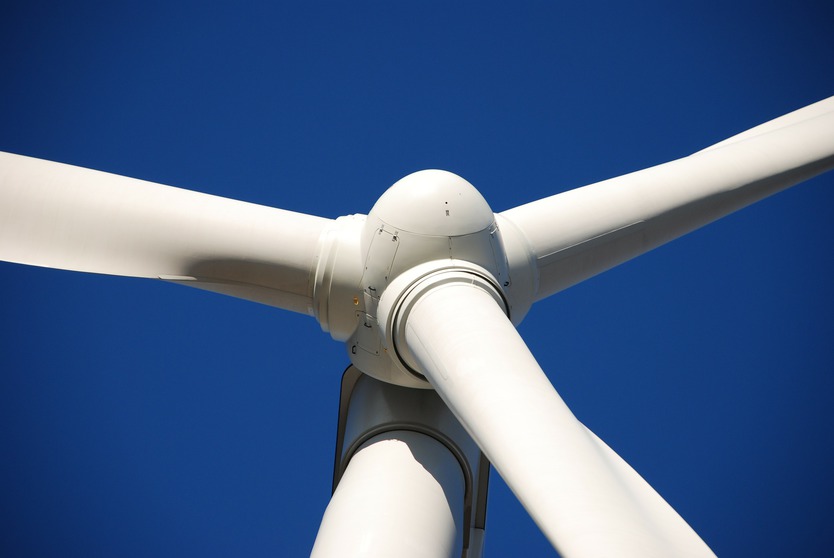
The project “BEAT1” carries out tests on small-scale roller blades, towards developing an AI system for advanced pitch control, automated condition monitoring and optimal operations.
© pixabay
The rotor blade bearings of a wind turbine are exposed to extreme loads and often operate in adverse conditions, which reduces overall service life and makes it difficult to achieve optimal yields. Furthermore, rotor blade failures are associated with high maintenance costs. So serious an issue is this for the wind sector, that the German Federal Ministry for Economic Affairs and Energy (BMWi) has invested EUR 2.5 million in a research project called iBAC (Intelligent Bearing Amplitude Control) in order to find better solutions.
Now within the iBAC framework, the Fraunhofer Institute for Wind Energy Systems (IWES) has launched a three year project called “BEAT1” together with a new facility to carry out tests on one hundred small-scale roller blades, towards developing an artificial intelligence (AI) system for advanced pitch control, automated condition monitoring and optimal operations.
“We are developing solutions in cooperation with our project partners to protect rotor blade bearings from damage and, simultaneously, ensure optimal operation of wind turbines. We are combining our tests of the small-scale roller bearings with simulations of the entire wind turbine and, in doing so, aim to find an optimal compromise between bearing damage, energy yield, and the loads on the wind turbine,” explains Arne Bartschat, the project manager at IWES, in a press release.
The data sets from the tests will be used to characterise the wear and tear behaviour of the oscillating blade bearings and to train the self-learning AI system to evaluate the data, model the damage behaviour and to detect and predict fault events. Over the next three years, the IWES will be working with practical partners including ENERCON GmbH, the bearings provider IMO GmbH & Co. KG, and the AI and Big Data experts Dataletics GmbH.


